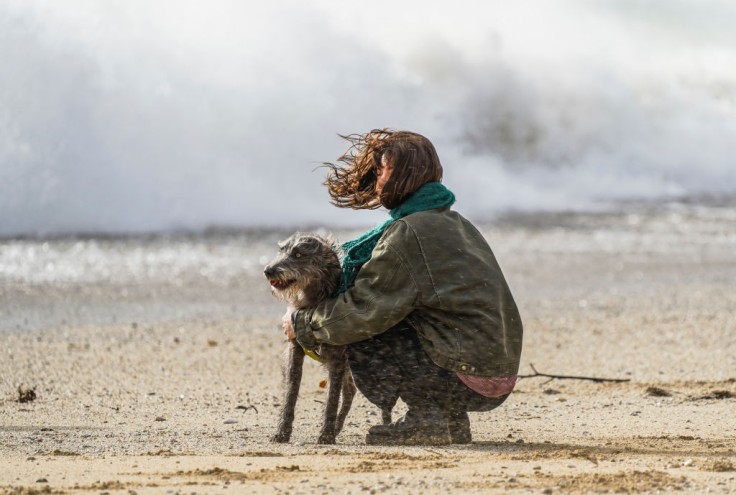
A dog missing for more than a decade was finally reunited with her owner with the help of a dog microchip. The police found the dog at a rural property. Despite being listed as deceased by the dog's microchip company, the tiny tracker led the dog to its owner.
In a Facebook post, the San Joaquin County Sheriff's Office said they received a call on February 10 about a stray dog that looked "old and unwell."
The officers found a microchip, and when they scanned it, the authorities learned that the dog's name was Zoey. She was reported missing in Lafayette, California, 12 years ago, USA Today reported.
After Zoey remained lost for more than a decade, the microchip company assumed she had died and listed her as "deceased" in their records.
The police contacted her owner, who kept the same number despite moving to another city. And she was soon reunited with her long-lost dog.
The owner said that she found Zoey and her twin sister at a pound when the dogs were just six months old. The owner also said that Zoey stayed with them for about six months. One day, the owner said she went to a store for 20 minutes and when she came back, Zoey was missing. They have not heard or seen Zoey since.
The owner said she was in shock, as she did not expect this to happen, but she was also excited. She hopes that they can get Zoey's health back and let her enjoy the rest of her life.
The importance of microchipping
The story of Zoey underlines the importance of microchipping pets. For Ruth MacPete, a veterinarian, collars and ID tags are not foolproof, and dogs and cats could lose them. They tend to break off, leaving a pet lost among countless unidentified stray animals at animal shelters.
According to the American Humane Association, one out of three pets gets lost at some point in their life, while nearly ten million pets are lost or stolen every year. Studies reveal that only 25 percent of these pets are returned to owners, while 80 percent are lost. The group also says that 56 percent of dogs, and 71 percent of cats that are lodged in animal shelters are euthanized, all because these animals have no owner identification.
Microchips increase the chances that owners will be able to find their dogs. It utilizes implantable computer chips with a unique identification number to help owners reunite with their lost pets. Pet Health Network reports that its size is more significant than a grain of rice and is placed under the pet's skin with a needle and syringe. It works by receiving a radio signal from a scanner and transmits the encoded chip identification number back to the scanner.
Read Also: Child Treated for Heart Defect Now Works as a Nurse at Same Hospital Where She Got Treatment
A study in 2009 also indicated that pets with microchips are more likely to be returned home than those without them. However, keeping the owner's information updated and providing multiple emergency contacts when microchipping is essential.
What does the law say about microchipping?
According to Richard Walther, a veterinarian at Sacramento, only nine states require animal pounds, animal shelters, or animal control to scan for microchips. If a pet is found, it will be scanned and identified, and pet owners will be contacted and notified for a reunion.
However, if authorities cannot reach the pet owner, the pet may be offered for adoption or euthanized. Zoey was fortunate to have a functional microchip and a welcoming owner.
Related Article: Dog Returns to Couple After Being Lost for More Than a Month With Help of Entire Village